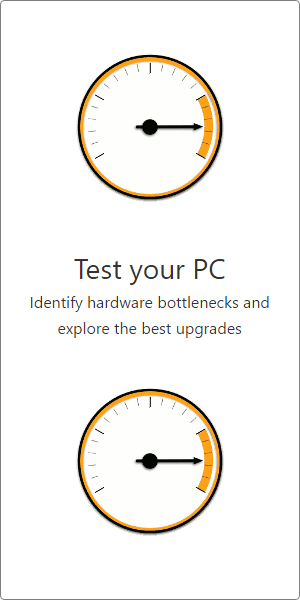Effective Speed
+1%
Poor: 76%
Great: 94%
SPEED RANK: 191st / 1468
Poor: 78%
Great: 96%
SPEED RANK: 180th / 1468
| Effective Speed
Effective CPU Speed |
85.9 % | 87 % | +1% |
External Data: 1080p
+0%
Average Score
+2%
Overclocked Score
+2%
Value & Sentiment
+90%
Nice To Haves
+2%
Specifications
| Series
CPU Architecture |
Zen2 | Zen2 | ||||
| Socket
Motherboard Socket |
AM4 | AM4 | ||||
| Graphics
Integrated Graphics |
None | None |
Conclusion
Average Bench 85.9%
Average Bench 87%
User Builds
635,419
141,122
Systems with these CPUs
Top Builds that include these CPUs
Frequently Asked Questions
Processors FAQ
ALL FAQs »

 CPU
CPU
